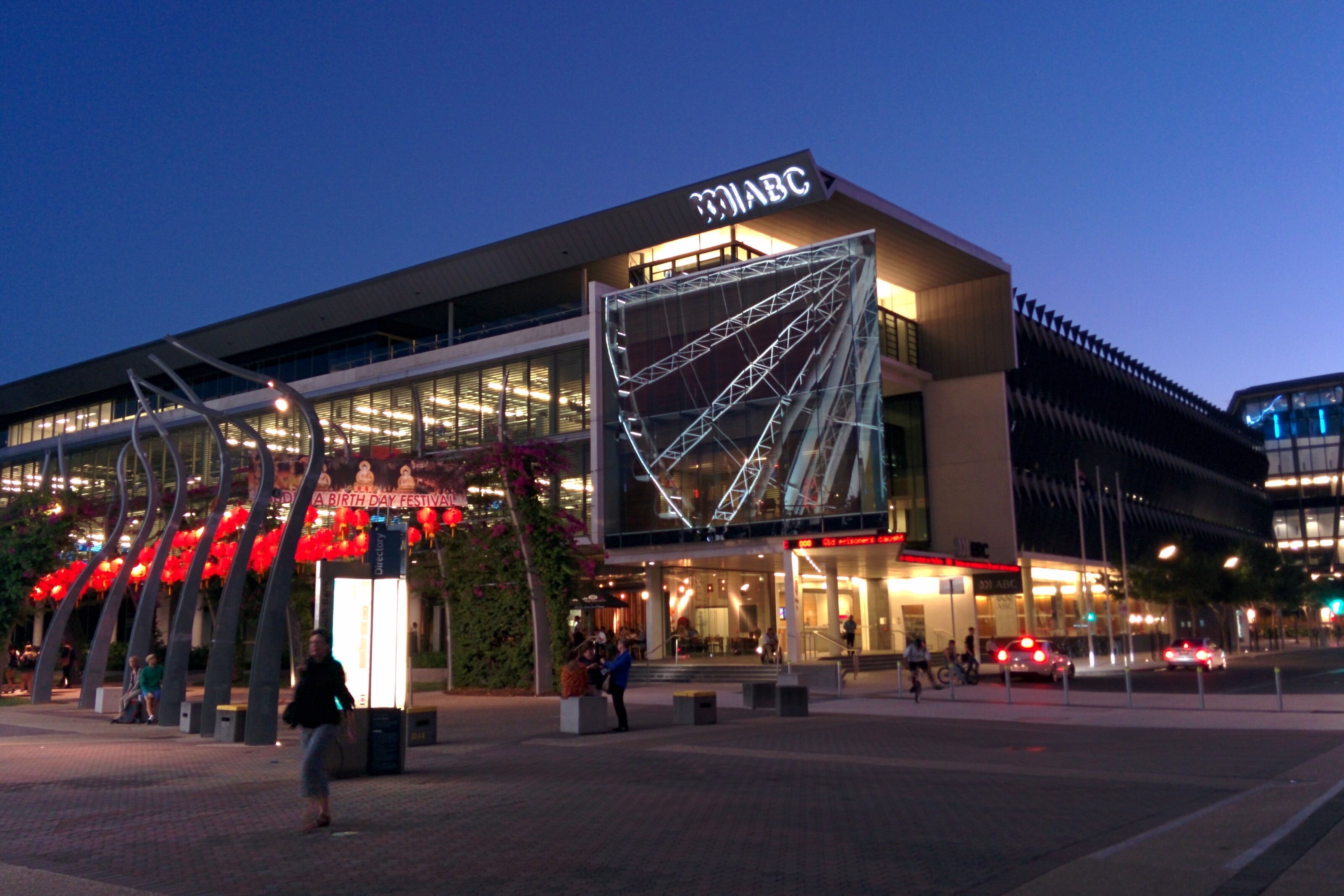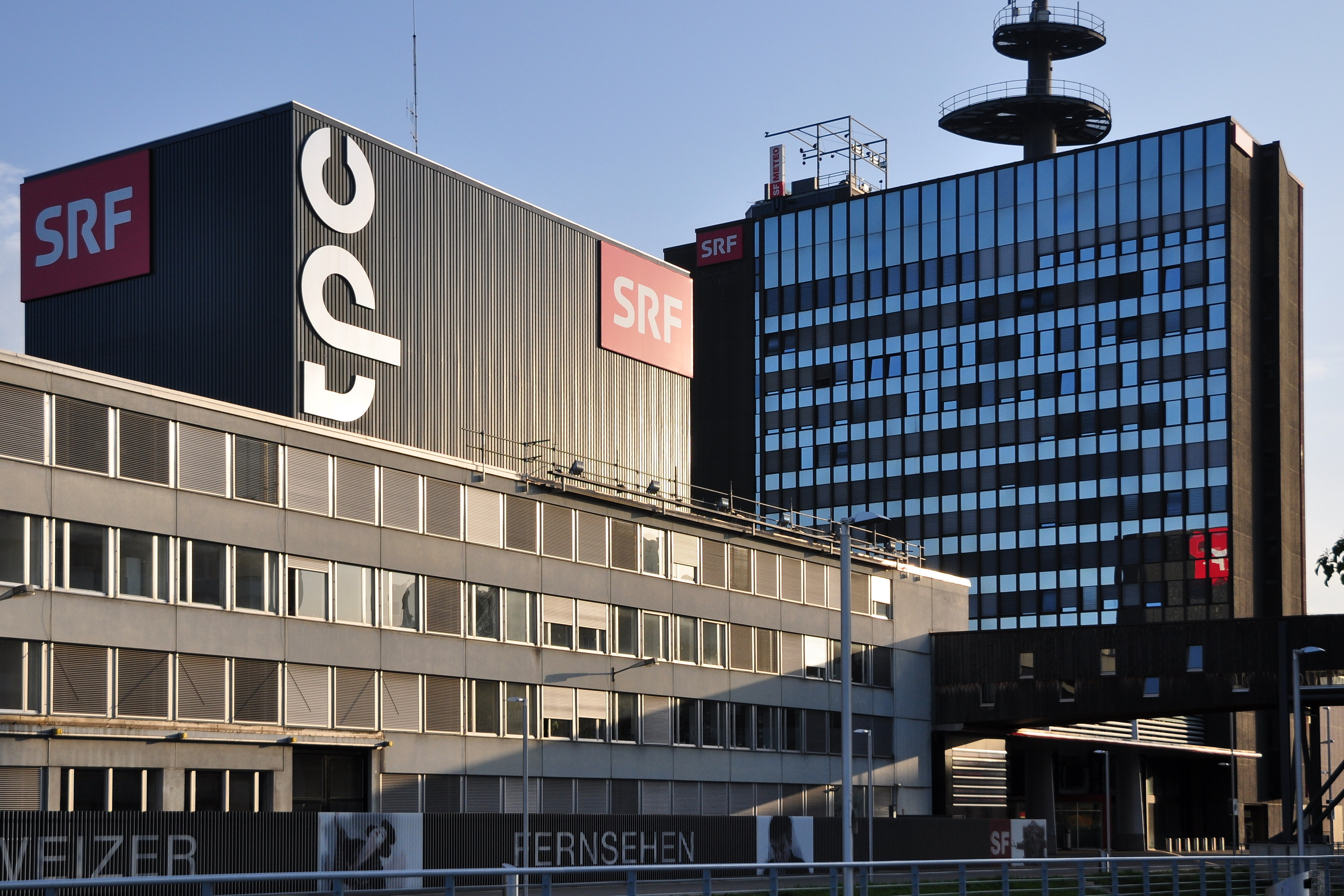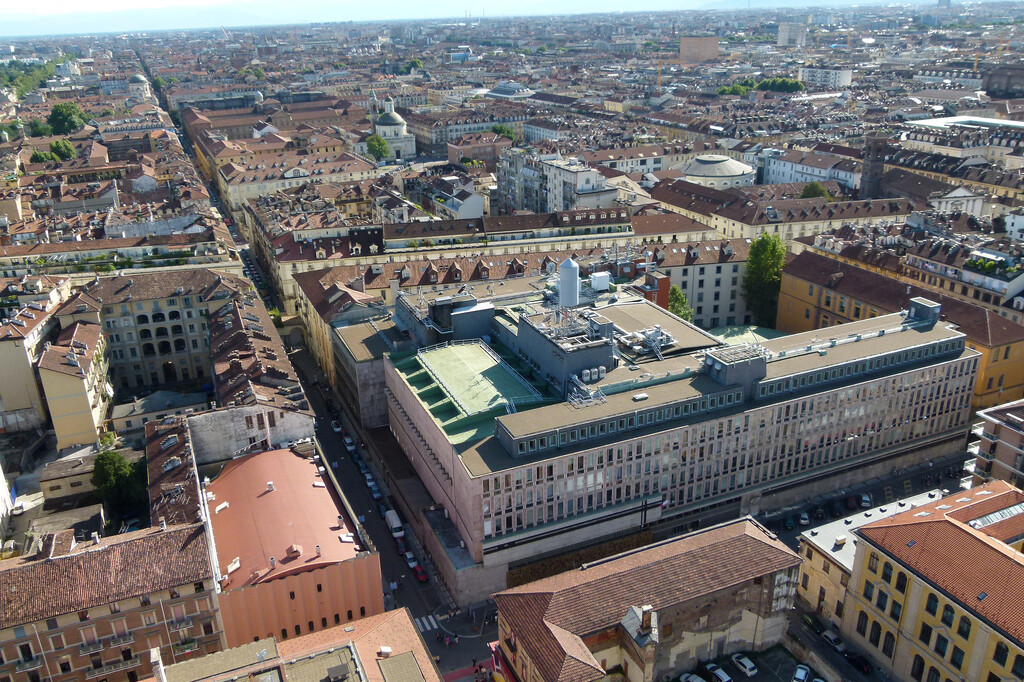Threats to media freedom and attacks on the media have become increasingly frequent across Slovakia over the past year.
After the murder of investigative journalist Jan Kuciak and his partner, Martina Kusnirova, in February, tensions have become palpable. Kuciak was working on links between government officials and the Italian mafia. Outrage surged after the murders fuelled protests in Slovakia and across Europe, forcing the Prime Minister to resign.
Since then, the country has experienced an even tighter grip on the media, especially in the public broadcasting sector where government-owned Radio and Television of Slovakia (Rozhlas a televízia Slovenska – RTVS) has been affected by censorship and mounting political pressure.
In Detail
Initial concerns → In June last year, the election of Jaroslav Rezník as the new RTVS director prompted concerns due to his political ties and his professional past. Rezník signed a deal with the Russian news agency Sputnik, in his previous job as a head of state news agency TASR and was accused of political servilism.
No more investigative reporting→ In January, the public broadcaster’s management decided to shut down the country’s only investigative reporting programme due to the show’s alleged lack of quality. However, last year the programme produced a report critical of a state-funded scientific and cultural institution and its links with the nationalist party Slovak National Party (SNS), a junior member of the ruling coalition. The month before, Prime Minister Robert Fico, accused journalists of ignorance and double standards, arguing he was best placed to show them how to do investigative journalism.
Against control, censorship and distrust → In April, 59 news reporters and journalists wrote an open letter titled “Not Even Public-service Media can be Silenced”, which expressed their concerns for the hostile climate, lack of trust in management, conflict of interests, and staff dismissal due to their critical reporting. In addition, journalists were banned from wearing pins with the motto #AllForJan, which paid tribute to Kuciak.
In their letter, journalists reiterated that the broadcaster should be at the service of the public and not the government. “Calling the journalists enemies turns [them] into potential targets of further violence and legitimises other potential attacks on journalists,” the reporters wrote. “Silencing journalists and their replacement with obedient propagandists is the first step to introducing a dictatorship and totalitarian regimes”.
Dismissals and resignations → The public broadcaster’s management did not extend the contract of four external reporters who were among those who signed the open letter. RTVS had already fired a senior radio editor last month, which prompted three radio reporters to resign in protest. Several other reporters have since followed suit, including RTVS’s head of broadcast and former chief editor Jozef Matej.
“No cause for concerns” → However, the RTVS management continues to argue that the situation is normal and that departures of journalists go hand in hand with changes in management. A spokesperson of the government claimed that the public broadcaster is keeping its independence, trust and quality.
In other news
Disinformation and extremism → Since 2017, a number of websites have been pushing disinformation following the narrative of an extremist, pro-Russian and anti-Western agenda. These websites feature false opinion polls, conspiracies, controversial rhetoric and might have contributed to the rise of the far-right in the country.
Media ownership concerns → Until recently, the Slovak media market has been regarded as relatively plural. But when commercial station TV Markiza and newspapers Nový Čas and Daily Pravda went on sale, speculation surfaced. At the end of 2017, the Central-European Penta investment group and Chinese-based CEFC made a joint offer to buy TV Markíza although it is not clear whether this has been approved or not. “That is not exactly a typical media investor that would hold democratic values in high esteem,” said Gabriel Šípoš, director of the Slovak branch of Transparency International, commenting on CEFC.
2018 Budget → In December RTVS approved a budget and programme ideas, saying they could be negatively impacted by lower revenues. In addition to new programmes, the budget plans changes to the public broadcaster’s organisational structure with the creation of new media, sports and production sections.
New HbbTV service → This week RTVS introduced a new HbbTV service to cover the 2018 Ice Hockey World Championship in Denmark. The service features time-shift and a seven day archive function.
The links above are to original stories, which are not produced by PMA. ‘Focus on PSM’ brings together stories from regions experiencing periods of heightened debate about the role of public media, media independence and media freedom. PMA does not necessarily endorse these stories nor do they necessarily reflect the view of PMA.
Header Image: Slovak Public Radio Building in Bratislava. Credits: Thomas Ledl/Creative Commons


